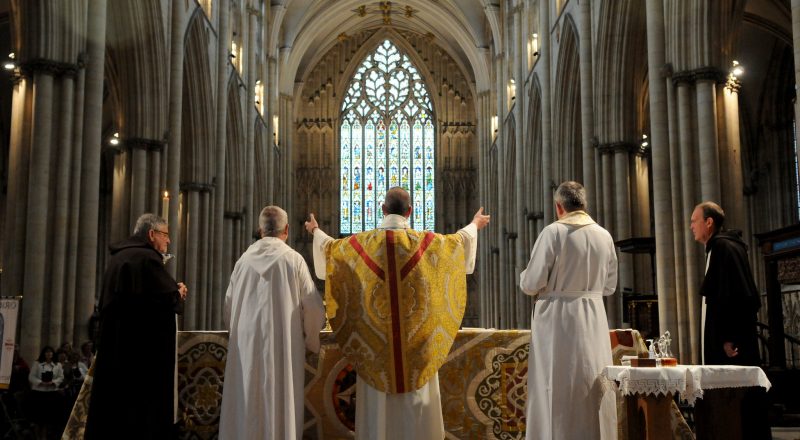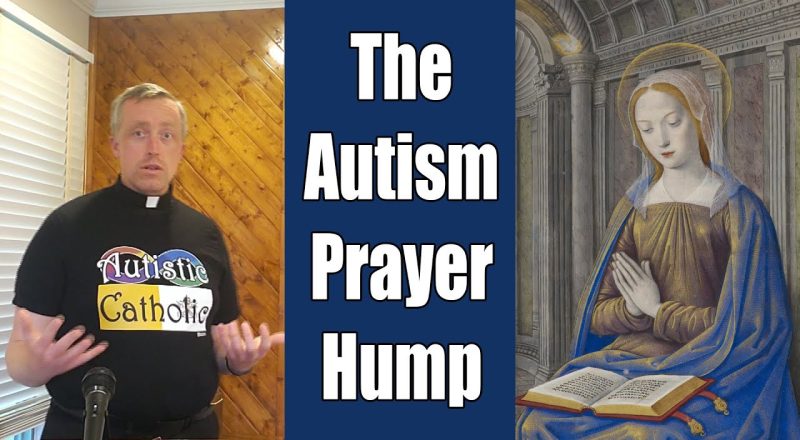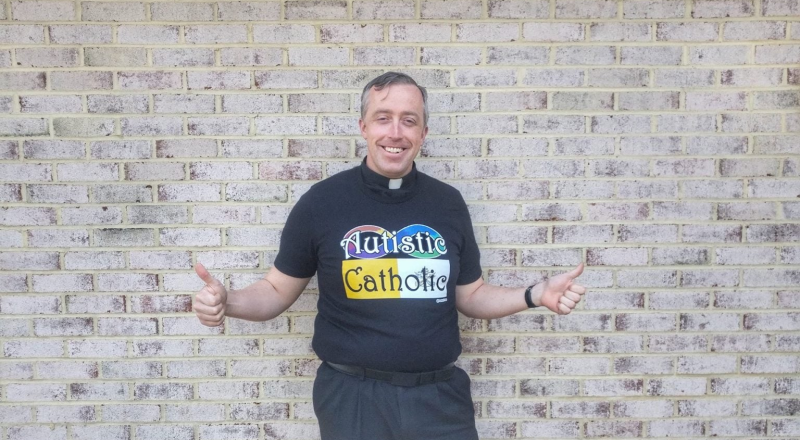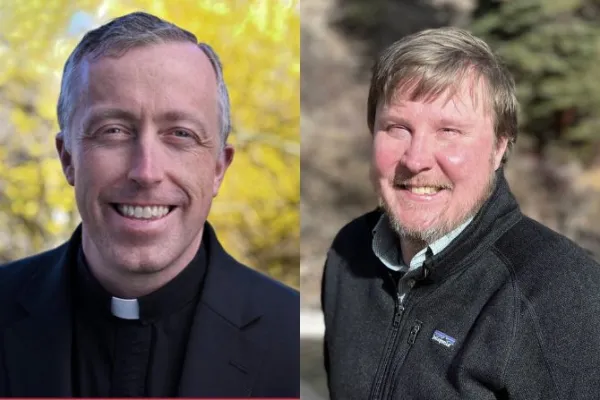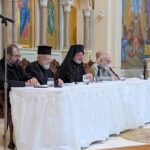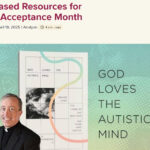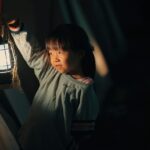The diocesan paper for Camden, New Jersey recently carried a story about a sensory-friendly Mass in the diocese. This Mass in south Jersey has been going on since at least 2015 which makes it one of the longer-running sensory-friendly Masses in the USA. There are three noteworthy things in this article: the general announcement, the good, and what could be improved.
Announcing the Masss in South Jersey
The note the Mass which regularly goes on and some special events for April:
In addition to the monthly special-needs Masses, VITALity Catholic HealthCare Services of the Diocese of Camden is sponsoring two diocesan Masses of Welcome and Inclusion. These two liturgies, April 3 in Haddon Township and April 24 in Ocean City.
Family Stories and Autism Information

This article begins with a family story and talks about another family later. This is helpful as we can easily see ourselves in others whose stories are told.
Since 2015, the Ingenito family of Sewell has been attending the monthly Mass of Welcome and Inclusion sponsored by the Diocese.
Karen and Pat Ingenito’s 21-year-old son, Patrick, has a nonverbal form of autism, and they say they have found faith and support at the Mass, which is celebrated in Holy Saviour Church, a worship site of Saint Teresa of Calcutta Parish.
“We’re grateful,” Karen Ingenito says of the Mass and Father Hugh Bradley, part-time director of the Ministry With the Deaf and Persons With Disabilities, which falls under VITALity Catholic HealthCare Services.
The Ingenitos say the low-sensory liturgy, which eliminates bright lighting, music and loud noises, is “a good fit” for their son.
“This Mass works better for his needs, allowing him to receive the Eucharist in a low-stress environment,” Pat Ingenito says.
They talk to another family later in the article.
Some of the autism information is reasonably well-done:
According to the Center for Disease Control and Prevention, approximately one in 44 children in the United States are affected by autism, or autism spectrum disorder (ASD), a broad range of conditions defined by challenges with social skills, repetitive behaviors, speech and nonverbal communication.
That is a decent 3-line summary of autism.
Issues with This article
I take three related minor issues with this article which are related and often appear in stories about autism.
First, they say, “April is Autism Awareness Month,” but don’t clearly bring in acceptance. Most autistics prefer to speak about acceptance as almost everyone in the US and Canada is already aware of autism. (For example, I put up a Twitter poll while working on this piece: 23/23 autistics and 24/28 non-autistics preferred “Aceeptance” over “Awareness” as I post this.) Awareness without acceptance can end with a lot of exclusion of autistics. They seem to be moving in this direction as they want to accommodate autistic sensory needs and make people feel welcome.
Second, when talking about who is welcomed, it is the family, not the autistic person. Fr. High Bradley, who is in charge of this ministry, hopes two extra Masses in April will help “people be aware of autism, that it is around us and a part of our Catholic families’ lives.” He notes, “We need to make these families feel welcome.” That is a good thing, but when you talk about it only as part of families and not as something individual autistics deal with, you don’t fully embrace our agency.
Third, they interview several attendees but both family members, not autistics or others who need a sensory-friendly Mass. The second parent they talk to has a 15-year old daughter, Angelina, who they describe as having “a high-functioning form of autism.” (That term could be a fourth point as most don’t use that terminology anymore but talk about support needs or more specific points to describe different autistic manifestations of autism in different people.) Any 15-year old who was described that way should be able to give responses to questions in full sentences that they can then publish. Why was she not interviewed?
This is not the only place I’ve seen issues like this, but I thought I would point it out here.
Conclusion
It’s great we are having more Masses like this: both for the month Mass and the Special Masses in April. It is great that diocesan papers are doing write-ups. Since as a society, we are already aware of autism, we as a Church can move towards the next step in charity, by accepting autistics, giving them agency, and helping them express themselves, not having parents speak for them.

